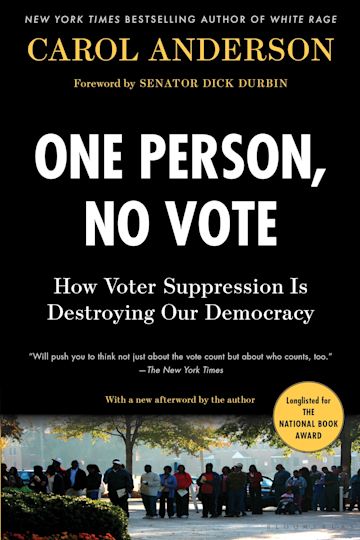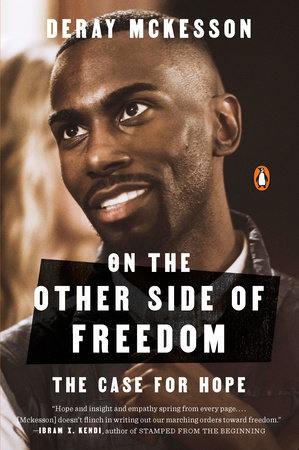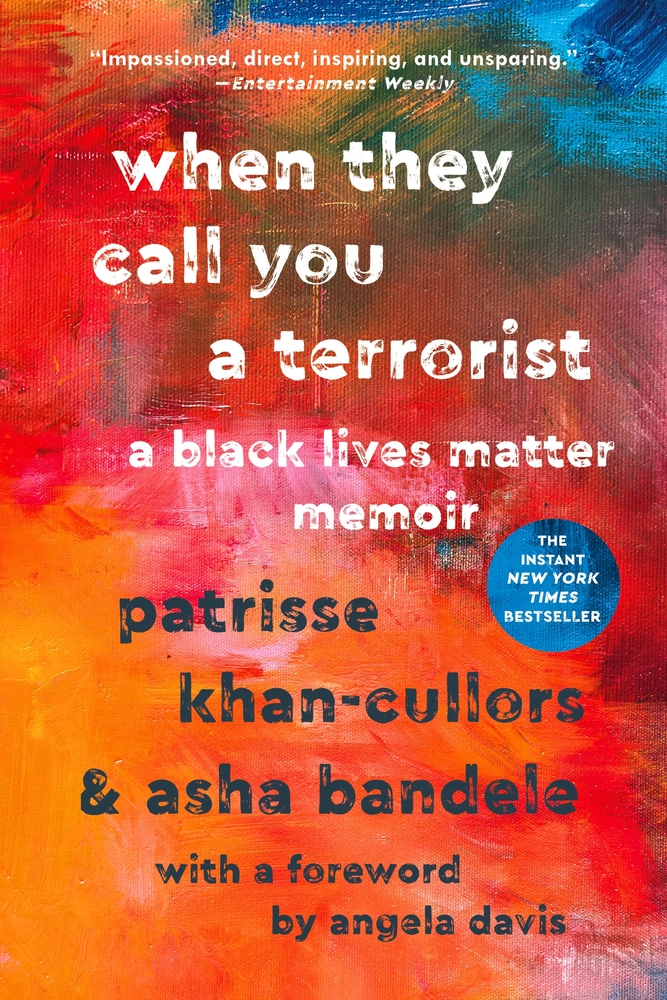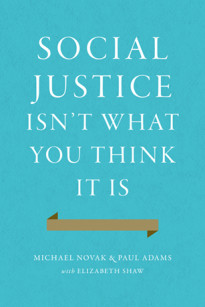BOOK

Amma: The Most Powerful Spiritual Light the World Has Ever Known

In all of human history, no other person has done so much for so many in such a short amount of time as Mata Amritanandamayi also known as Amma.











